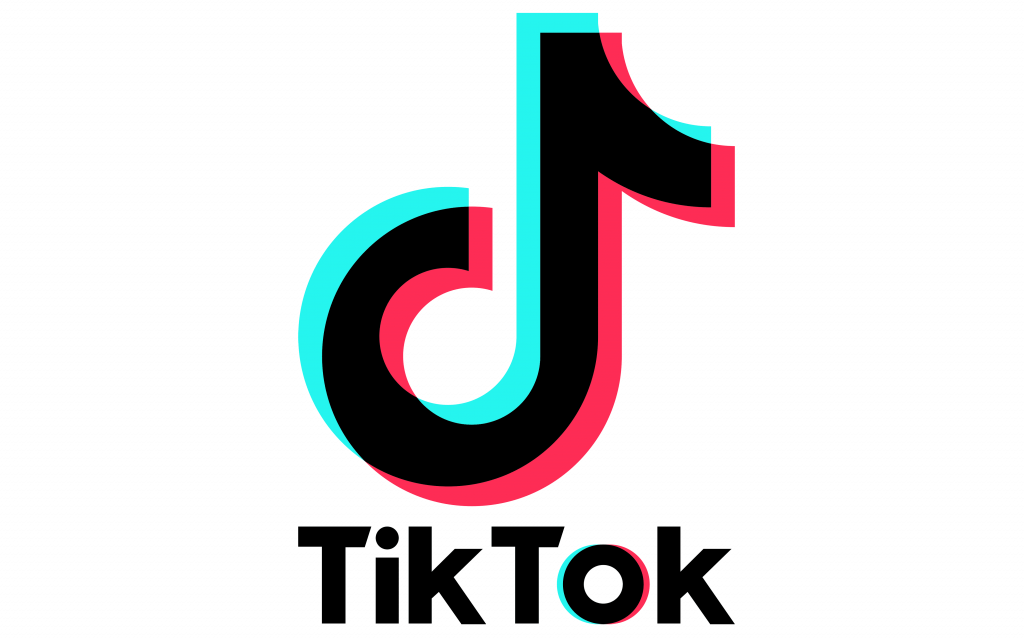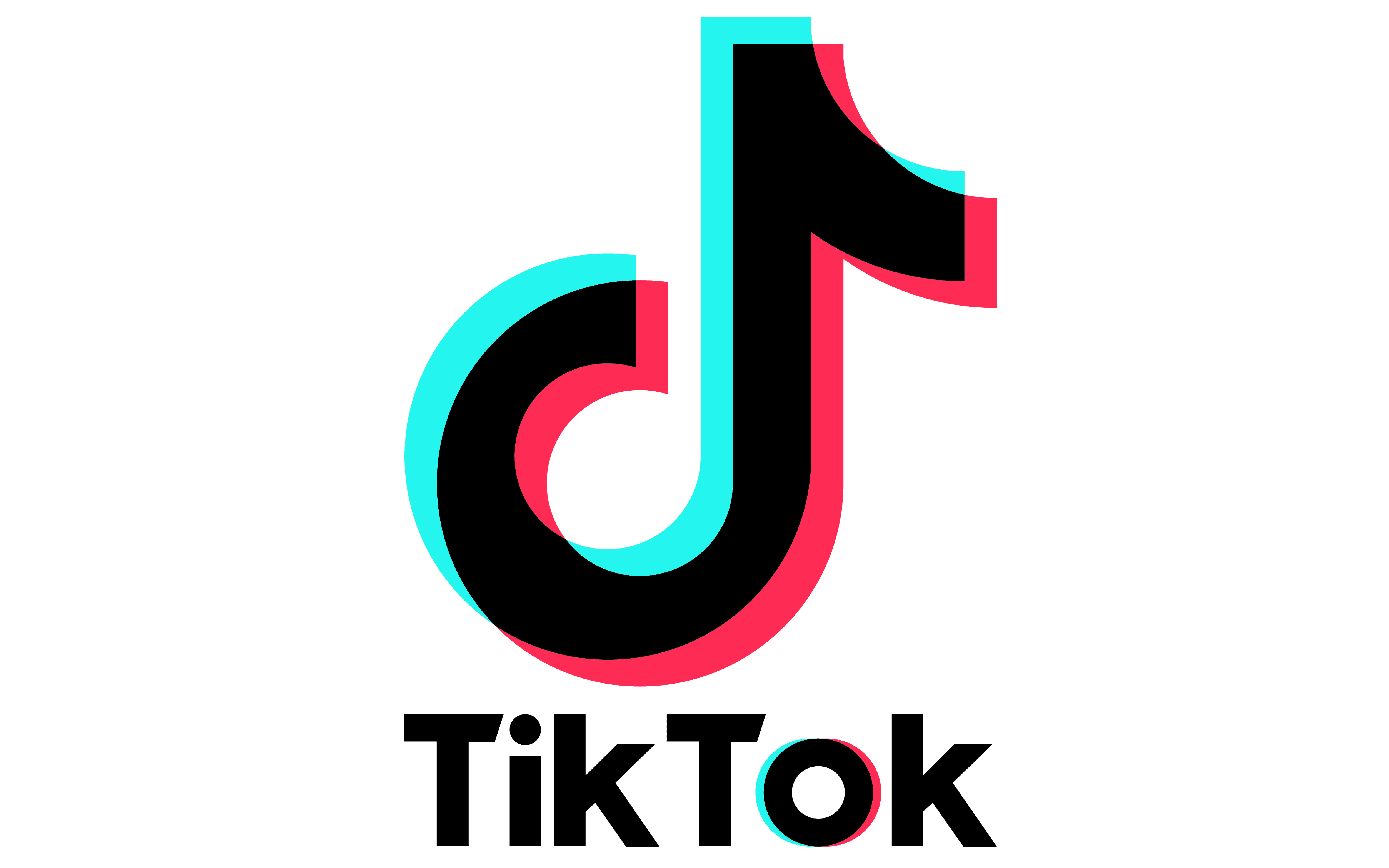By Jenna Melman, Staff Writer

On March 7, The White House endorsed a bipartisan bill, The RESTRICT Act. The RESTRICT Act’s full name is the Restricting the Emergence of Security Threats that Risk Information and Communications Technology Act. It is currently a piece of proposed legislation under consideration by Congress. The bill would make it easier for the U.S. Federal Government to ban or force the sale of specific software or equipment from certain countries if it’s deemed to pose a spying risk. This bill could be used to ban TikTok, and would empower the Secretary of Commerce to ban apps that pose a risk to U.S. national security.
Boundaries could, in theory, be infiltrated by the Chinese government to spy on its 150 million American users through TikTok. The bipartisan group of senators that introduced the bill made it so that the federal government would be permitted to regulate and even ban foreign-produced technologies. The bill applies to technology connected to a “foreign adversary” of the U.S.. Only six countries fall under this designation: China (including Hong Kong and Macau), Cuba, Iran, North Korea, Russia and Venezuela.
The legislation has 10 co-sponsors, five from each party, calling it “a systematic framework for addressing technology-based threats to the security and safety of Americans.” The movement was led by Sen. Mark Warner (D-Va.).
While the bill doesn’t cite TikTok by name, the senators who introduced it repeatedly touched on fears about TikTok. For those who may not know, TikTok is a video based social media app that showcases limitless branches of creative content. Tiktok was created by the Chinese company ByteDance, and in the past years the app has taken the world by storm. Tiktok is used around the world, and the app gives Beijing a steady stream of information about its users, like all social media does, through the use of bots. Tiktok is not unique in this practice, companies gather information and use it to personalize content and ads, etc. The members of Congress supporting the bill think that this collected information is sending information about U.S. citizens to China.
“It is widely acknowledged that TikTok’s a threat to our national security,” Sen. John Thune (R-N.D.) said at a news conference. “[I’m]concerned about TikTok’s connections to the Chinese Communist Party, which repeatedly spies on American citizens,” Thune continued.
TikTok spokesperson Brooke Oberwettwe said in an email that the Biden administration already has the power to oversee the app through the Committee on Foreign Investment in the United States. Despite this, it was admitted in December that some employees had spied on journalists’ location data in an attempt to identify which of its employees were speaking to the media. The company is said to have monitored journalists’ physical location using their IP addresses.
ByteDance and TikTok did not deny the surveillance, but took to Twitter after the story was published to say that “TikTok has never been used to ‘target’ any members of the U.S. government, activists, public figures or journalists,” and that “TikTok could not monitor U.S. users in the way the article suggested.” In the internal email, Liang acknowledged that TikTok had been used in exactly this way. TikTok has repeatedly denied that it stores U.S. user data in China, a primary fear of federal officials.
The investigation, internally known as Project Raven, began this past summer after BuzzFeed News published a story revealing that China-based ByteDance employees had repeatedly accessed U.S. user data.
“The misconduct of certain individuals, who are no longer employed at ByteDance, was an egregious misuse of their authority to obtain access to user data. This misbehavior is unacceptable, and not in line with our efforts across TikTok to earn the trust of our users,” TikTok spokesperson Hilary McQuaide said. Others commented as well.
“ByteDance condemns this misguided plan that violated the company’s Code of Conduct”, ByteDance spokesperson Jennifer Banks added. This situation could fuel the argument to pass the RESTRICT Act.
Despite these controversial actions, many feel that banning TikTok is a violation of freedom of speech. TikTok is a platform that can allow your voice to be heard by a new, younger audience.
Many privacy experts say that while TikTok is a threat to Americans’ privacy, it’s not unique in that regard. China’s prolific cyberspies routinely hack Americans’ data. The U.S. has no major data privacy law, and an entire industry of data brokers buys, sells and trades Americans’ private information.
“We appreciate that some members of Congress remain willing to explore options for addressing national security concerns that don’t have the effect of censoring millions of Americans,” Oberwetter said, making her opinion very clear. “A U.S. ban on TikTok is a ban on the export of American culture and values to the billion-plus people who use our service worldwide.”.
This opinion is shared by youth across the nation, and here at Post. Sophomore musical theater major Riley Webster says that “the other social media platforms are being sent to China anyway and so banning TikTok will make no big difference in China’s information gathering.” Freshman political science and international relations major Nicole Espanoza thinks that “politicians are overthinking it, it’s just a platform of social media like any other.”
Deputy director of the Electronic Privacy Information Center Caitriona Fitzgerald said TikTok represents “maybe two percent of the problem” when it comes to Americans’ privacy. Without the coverings of privacy law in the U.S., there are millions of apps that are collecting and abusing Americans’ data,” she said.
Members of Congress think TikTok’s content consists mainly of dancing teenage girls, which they admitted when Representatives repeatedly referenced the point that provocative dancing is exploiting youth. Content on a “For You” page is only shown if that is the content the user chooses to watch. “For You” pages are very individualized. When one spends just a little bit of time on Tiktok, Tiktok shows users the kind of content it learns they want to see “TikTok gives us access to connect, share our stories and educate ourselves. TikTok is a modern Library of Alexandria. And we must keep it from burning down,” USA Today reporter Hannah Maruyama said in a statement.
“Influencers will freak out if they’re most relevant on TikTok over other platforms, they could lose their stability if TikTok is their main source of income,” sophomore criminal justice and political science major Natalie Calle said.
The TikTok ban is now seen, however, as the least worrisome part of the Restrict Act. The act gives the federal government unilateral control to shut down any group of a million or more Americans doing anything together online: Speaking, learning, buying. Anything.
The bill creates a formal process for government agencies to “deter, disrupt, prevent, prohibit, investigate or otherwise mitigate” services they deem threatening, as long as they have access to “sensitive personal data” from more than a million U.S. persons.
Many argue that the Act could give the government too much power to ban apps, and services that allow people to communicate, thereby limiting our precious, and perhaps fleeting, freedom of expression.




Be First to Comment